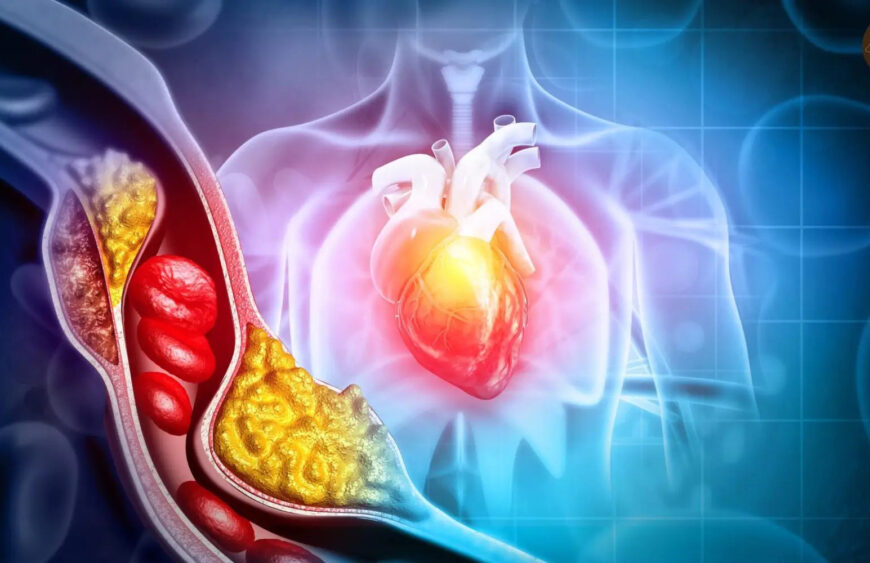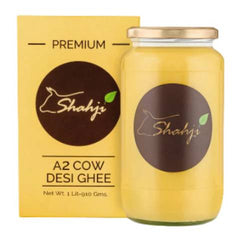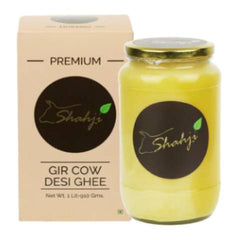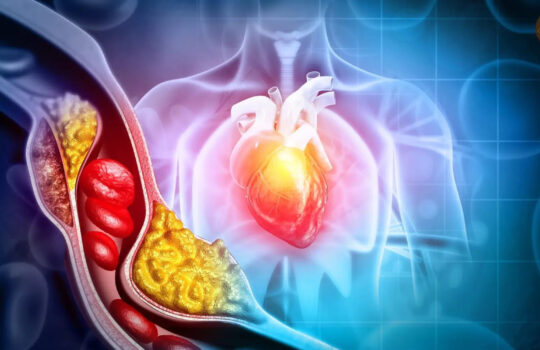7 Effective Benefits of Eating Ghee For Heart

Ghee, also known as Ghrita in Sanskrit, is a type of clarified butter known to promote longevity. It is commonly used in many Ayurvedic procedures and medicines.
Ghee helps improve the digestive fire (Jathar Agni) in the stomach and aids in absorption, and nutrient intake. It is also known to nourish the Ojas, improve memory and strengthen the brain and body\’s nervous system. Lubricates the connective tissue and makes the body more flexible.
Is ghee good for heart health? |
| Ghee in relation to heart disease is an old controversy about ghee in diet. Traditionally, we associate ghee with a trigger food for heart disease and obesity because ghee is high in saturated fat. So people always ask, Is ghee good for heart health? Ayurveda says “Yes,” ghee is good for the heart. It can treat, prevent and control many cardiovascular diseases. |
It is an excellent Anupana (vehicle) for transporting herbs into the body\’s deeper tissues. Proper digestion, absorption, and delivery to a target organ system are critical to getting the maximum benefit from any therapeutic formulation; The lipophilic effect of ghee facilitates its transport to a target organ and its final delivery inside the cell since the cell membrane also contains lipids.
Due to the many health benefits of ghee, In Ayurveda, it has traditionally been considered one of the healthiest sources of dietary fat.
7 Effective Benefits of Eating Ghee For Heart
Ghee in relation to heart disease is an old controversy about ghee in diet. Traditionally, we associate ghee with a trigger food for heart disease and obesity because ghee is high in saturated fat. So people always ask, Is ghee good for heart health? Ayurveda says “Yes,” ghee is good for the heart. It can treat, prevent and control many cardiovascular diseases.
Let’s see how ghee is good for heart health.
1. Rich in heart-friendly vitamins
Ghee is rich in many fat-soluble vitamins such as vitamins A, E, D, and K. These nutrients promote heart health and help prevent many cardiovascular diseases.
2. Contains Conjugated Linoleic Acid (CLA)
Ghee is high in conjugated linoleic acid (CLA), a natural trans-fatty acid that promotes heart health, cholesterol control, weight loss, and the prevention of heart diseases such as Atherosclerosis.
3. Rich in Omega-3 Fatty Acids
Ghee contains omega-3 fatty acids, which aid in the reduction of inflammation and the prevention of heart disease. It is also known to lower blood pressure and triglyceride levels, lowering the risk of developing artery plaque or having a stroke.
4. Contains Butyric Acid
Your gut health is also linked to your heart health. Poor gut health can lead to a variety of cardiac conditions, including atherosclerosis, heart attacks, stroke, and others. Ghee, which is high in butyric acid, helps to maintain the health of intestinal cells, remove toxins, regulate bowel movements, and promote good colon health.
5. Full of Antioxidants
One of the leading causes of cardiovascular disease, particularly coronary artery disease, is oxidative stress. Ghee contains a high concentration of antioxidants, which aid in the fight against free radical damage and the reduction of oxidative stress in the body.
6. Contains Short Chain Fatty Acid
Long fatty acid chains are linked to various heart problems, including blood clotting and Thrombosis. The same cannot be said for short fatty acid chains, which are abundant in ghee. Short fatty acid chains protect the digestive tract from pathogenic microorganisms and improve digestion, lowering the risk of many cardiovascular diseases. They also help to stimulate hormone production and strengthen cell membranes, which improves heart health even more.
7. Lowers the Levels of LDL
High levels of low-density lipoprotein, or LDL can increase your risk of heart disease and stroke. Ghee is high in oleic acid, which helps lower LDL and improves heart health. It also allows LDL to resist oxidation, which slows the progression of Atherosclerosis.
Can heart patients consume ghee?
Yes, people with heart disease can consume ghee. As previously stated, ghee aids in the management of heart diseases and is thus beneficial to heart patients. However, if you have a heart condition, it is advised that you:
- use pure and high-quality ghee
- ghee should be consumed in moderation because excessive consumption can negate the benefits.
- limit your carbohydrate intake
- and only use ghee after consulting with your doctor.
You can buy heart-friendly pure and high-quality A2 ghee from below.
How much ghee is sufficient for heart patients?
Celebrity nutritionist Rujuta Diwekar, suggests adding 1 teaspoon of ghee to your breakfast, lunch, and dinner is sufficient. Adding ghee to your meal can help to cure various health problems including.
- women with PCOD (Polycystic Ovarian Disease)
- people with diabetes
- heart disease
- high blood pressure
- Constipation
- acidity
- weak joints
- people with Inflammatory Bowel Syndrome (IBS)
Also Read
Frequently Asked Questions – FAQs
Is Desi ghee good for heart patients?
Yes, desi ghee is good for heart patients. Ghee contains omega-3 fatty acids, which aid in the reduction of inflammation and the prevention of heart disease. It is also known to lower blood pressure and triglyceride levels, lowering the risk of developing artery plaque or having a stroke.
Why do doctors not prescribe vegetable ghee to patients with cardiovascular disease?
Vanaspati is a hydrogenated and hardened desi vegetable ghee. It is much less expensive than desi ghee. Vanaspati Ghee appears to have no health benefits.
Vanaspati ghee contains a lot of trans fats, which are bad for your heart and can lead to heart attacks and strokes, that’s why doctors do not prescribe vegetable ghee to patients with cardiovascular disease.
How much ghee can a heart patient take?
Celebrity nutritionist Rujuta Diwekar, suggests adding 1 teaspoon of ghee to your breakfast, lunch, and dinner is sufficient for heart patients.
Is A2 ghee good for heart patients?
A2 cow ghee may be a better option than regular cow ghee. Omega-3 fatty acids in A2 cow ghee help lower bad cholesterol in your heart. It also helps to give the heart a healthy boost.
Which food is restricted to a heart patient?
Limit or reduce salt intake. Excessive salt consumption can result in high blood pressure, which is a risk factor for heart disease. Limiting salt (sodium) is an essential component of a heart-healthy diet.
Which brand of desi ghee is pure?
Shahji A2 desi cow ghee. Shahji Ghee is made using a proprietary process developed over the last 64 years of hard work. It has been inspired by the Vedic bilona method which is cooked over a low flame, for several hours in a ghee pot in order to achieve the highest quality results. The ghee itself is made in small batches, guaranteeing freshness and flavor. Each jar is specially crafted to have a longer shelf life, ensuring freshness in every use.













